Washington Post columnist Catherine Rampell just stumbled into a truth. Raising minimum wages could be disastrous. Depending on the rate.
While “Bernie Sanders, Martin O’Malley and a host of other well-intentioned liberals want to hike the federal minimum wage to $15 an hour,” she calls the proposal “badly misguided.”
And yet she says that the current federal wage floor, at “just $7.25 an hour . . . is absurdly low.”
Why, this Friday, she notes, marks six years since the last minimum wage hike!
Rampell recognizes that raising the minimum wage to $50/hour would cause unemployment, massively. She also realizes that, in many low-wage states, the mere $15 rate would do the same. But raising “the federal minimum wage to $10.10”? Might work! “This is a trade-off . . .”
Yes. Stop right there. Trade-offs, indeed.
She wants us to think about getting the rates right.
Employers and job-seekers do that already, in the marketplace. If businesses don’t pay enough, the workers will move on to employers who will. Force businesses to hire workers for more than their productivity? Unemployment results.
A minimum wage rate helps some and hurts others. Rampell admits that, appearing to “accept” 500,000 people losing their jobs as collateral damage to boost wages for others.
Her proposed fine-tuning of rates supposes that politicians have greater knowledge about the “proper” price of labor than employers and job-seekers. Moreover, she ignores the inevitable political game, whereby politicians take credit for rewarding some, while hiding the costs imposed on others.
Finding the “right minimum wage” rate is mainly about hiding the victims . . . so voters won’t notice.
This is Common Sense. I’m Paul Jacob.
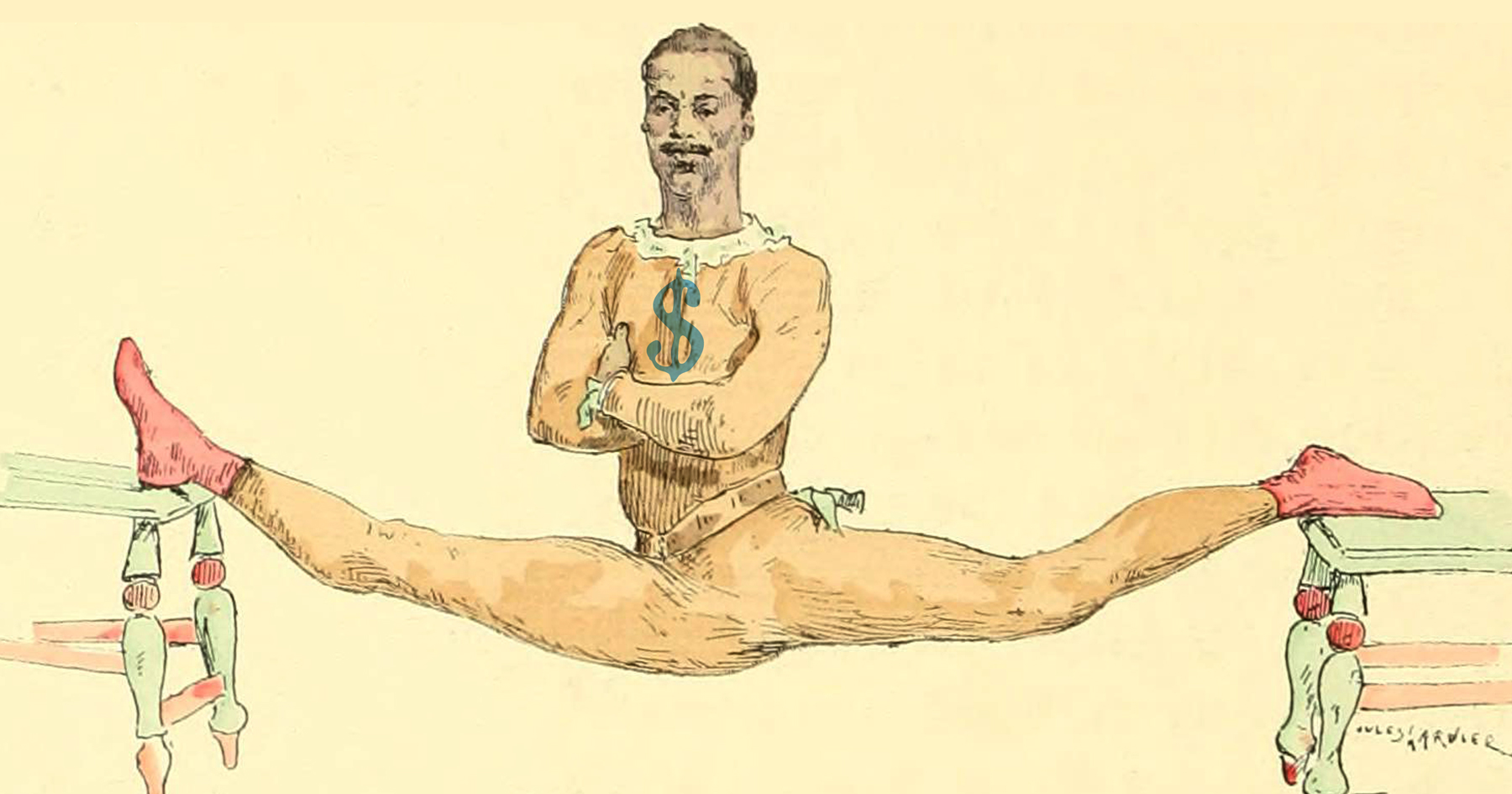
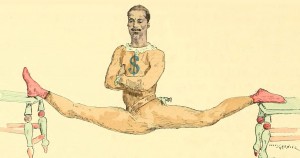
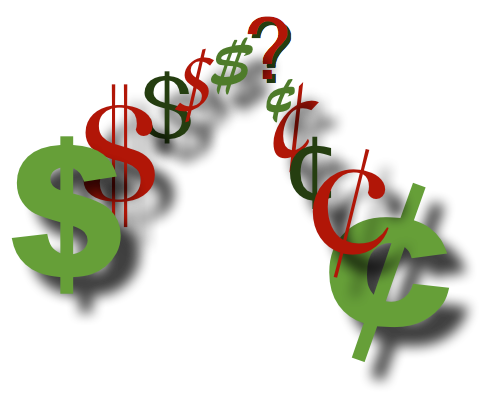
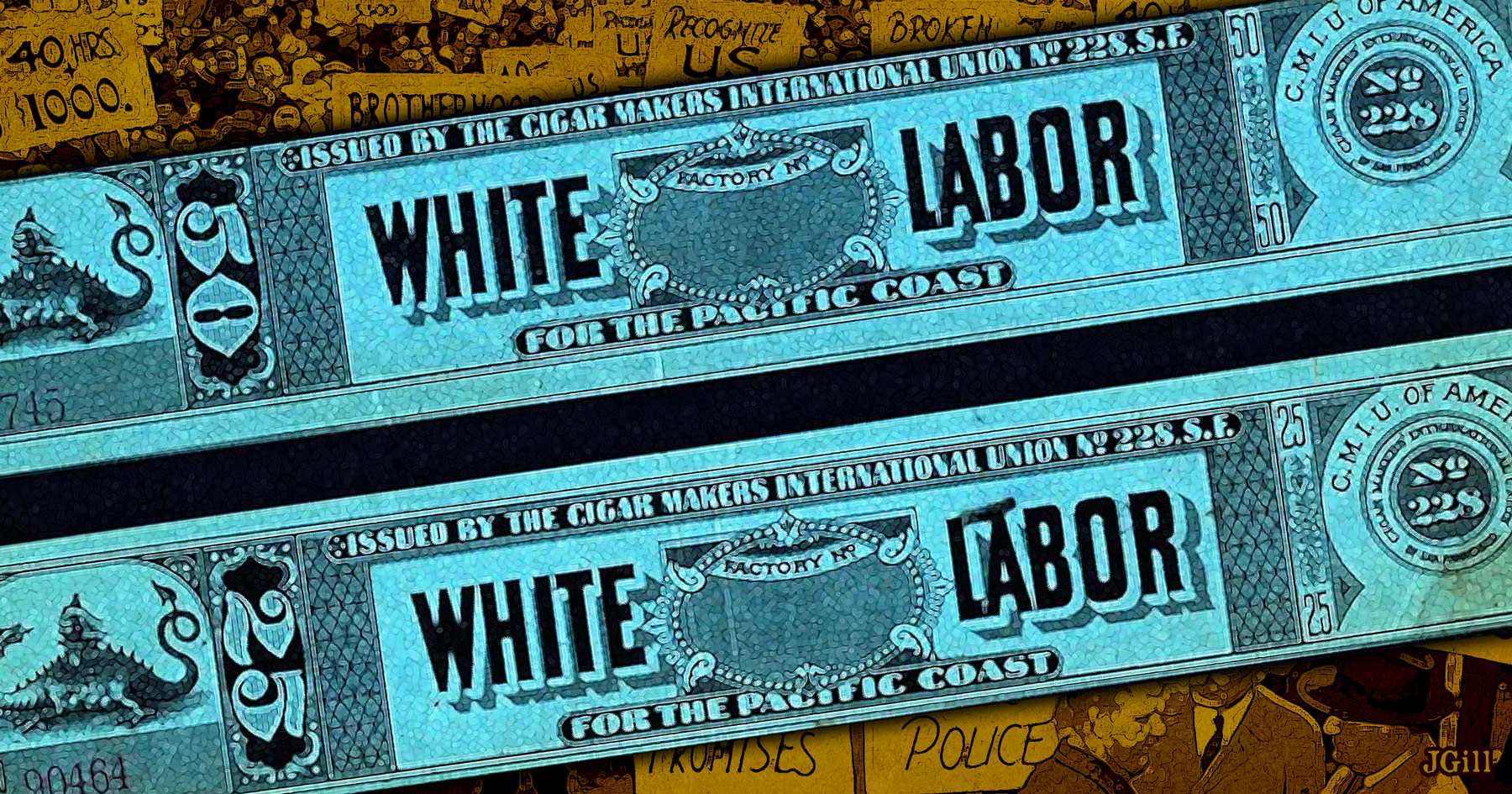
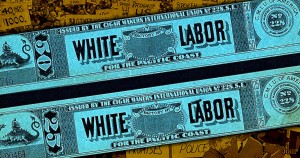
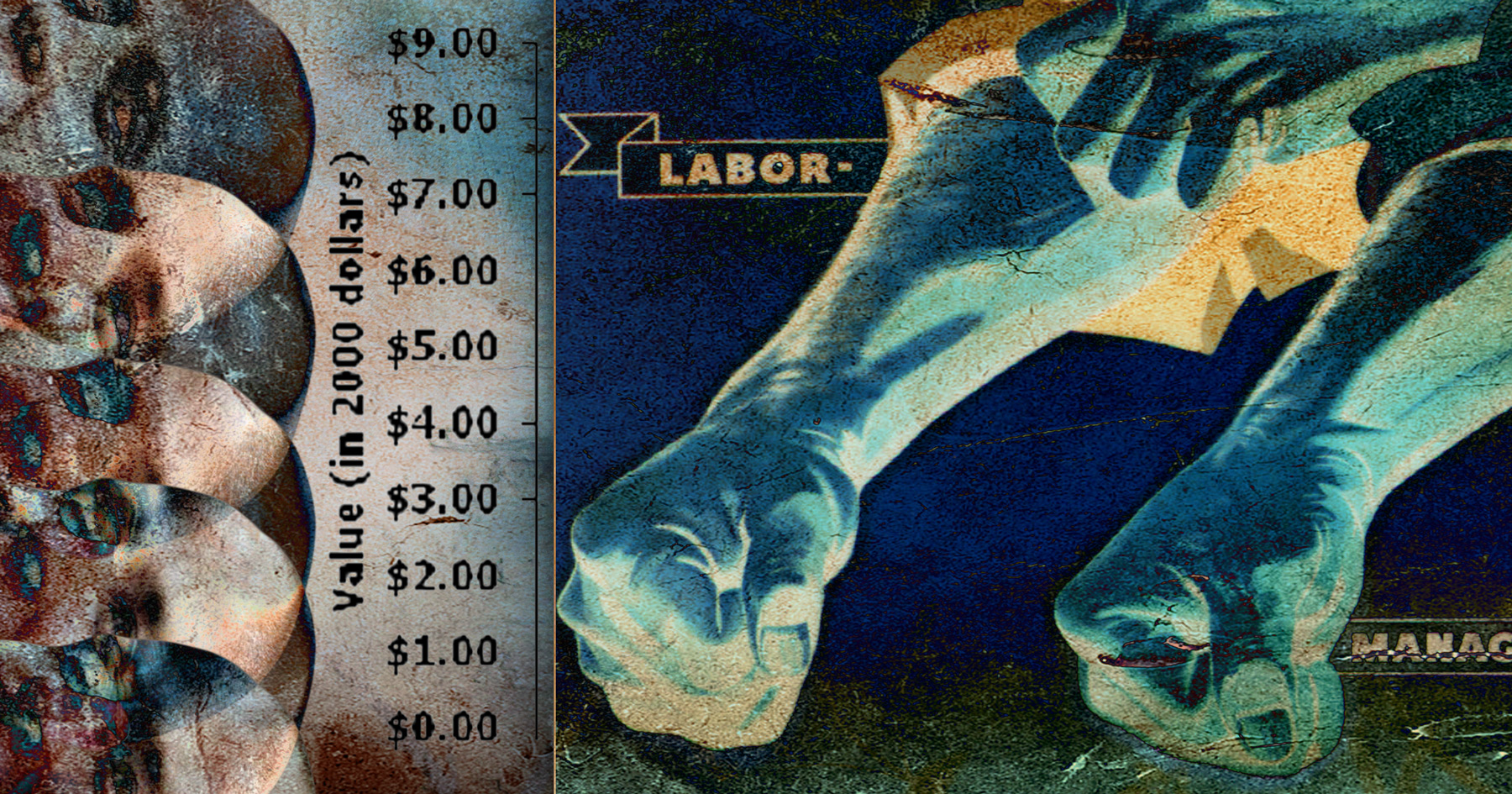
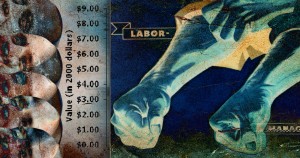

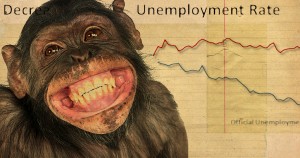
 That minimum wage laws make it harder to gain such experience is a problem raised not by Ellison but by a Cafe Hayek reader, Mike Wilson, who
That minimum wage laws make it harder to gain such experience is a problem raised not by Ellison but by a Cafe Hayek reader, Mike Wilson, who